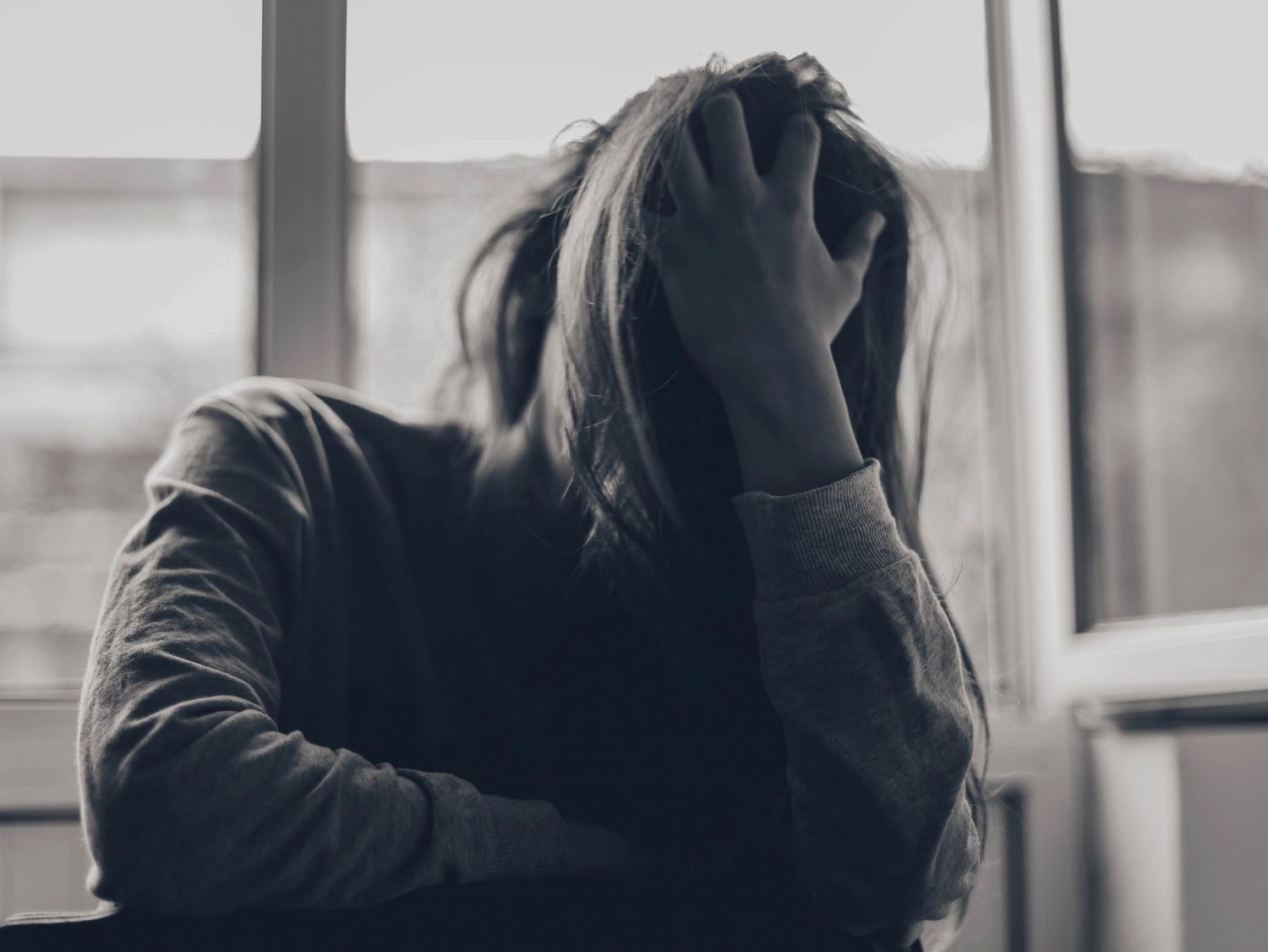Because of its calming effects, Diazepam is often abused because users need to take it to feel an ‘escape’ from everyday life. Abuse is common in those who are dealing with the aftermath of a highly stressful life change or major event. Some people take the drug to get high and forget about their worries and daily stressors, while others take it as they feel they need it just for their brain to function properly. This is in the case of severe addiction. Some of the major signs of Diazepam abuse are:
- Cravings for larger doses of the drug (and more frequently)
- A craving to feel the effects of Diazepam
- Crushing and snorting the drug
- An intent focus on purchasing and using Diazepam
- Disinterest in hobbies, work/education and family life
- Taking Diazepam even if it is taking a toll on an individual’s general health
- Doing things that are out of character or considered high risk
- Experiencing withdrawal symptoms if Diazepam isn’t taken, or if the user tries to cut down

Diazepam addiction can develop over a period of time following abuse of the drug. Even at lower doses, Diazepam can greatly affect brain and cognitive function if taken in any other way than that prescribed by a doctor. In younger abusers, Diazepam is often mixed with alcohol and heroin/other opioids, increasing the risk of overdose or even death. Warning signs to look out for include:
- Failed attempts to stop using Diazepam
- A disinterest in usual work and family life
- Continued taking of Diazepam, despite the associated health risks
- Hallucinations
- Feeling disorientated and confused
- Fluctuating moods, including swings between feeling calm and aggression/hostility
- Feeling light-headed and faint
- Muscle tremors
- Incontinence
- Slow heart rate and trouble breathing

The withdrawal symptoms of Diazepam can be very uncomfortable to experience, therefore it is often advised to detox from Diazepam in a controlled environment where the symptoms can be carefully monitored and the person suffering can be emotionally supported. Feeling frightened, panicked and anxious is very common when experiencing Diazepam withdrawal. This is because the drug keeps these feelings at bay when it is taken. The sufferer may also feel as if they are ‘losing their mind’, and may feel particularly ‘up and down’ in their moods. Other withdrawal symptoms include:
- Feeling apprehensive
- Difficulty sleeping
- Tinnitus
- Feeling very low / depression
- Feeling sick/vomiting
- Blurry vision and hallucinations
- Difficulty concentrating
- Raised blood pressure and an increased heartbeat (tachycardia)
- Muscle cramps/pain
- Joint pain
- Seizures

